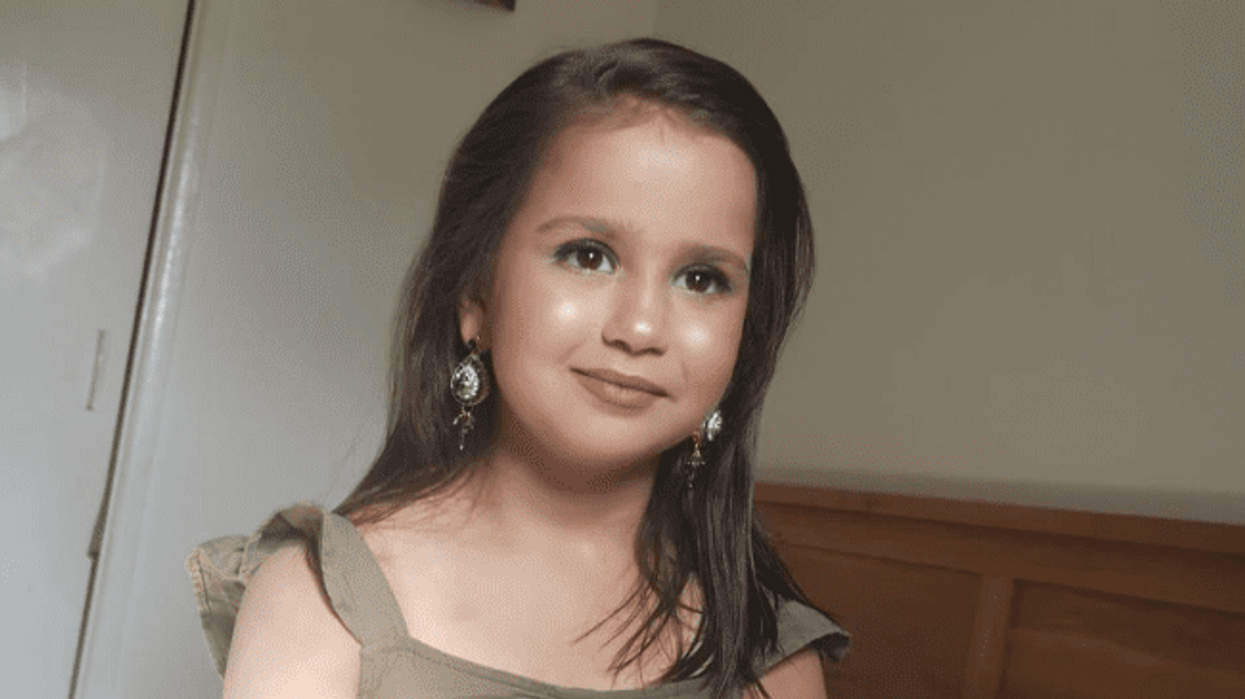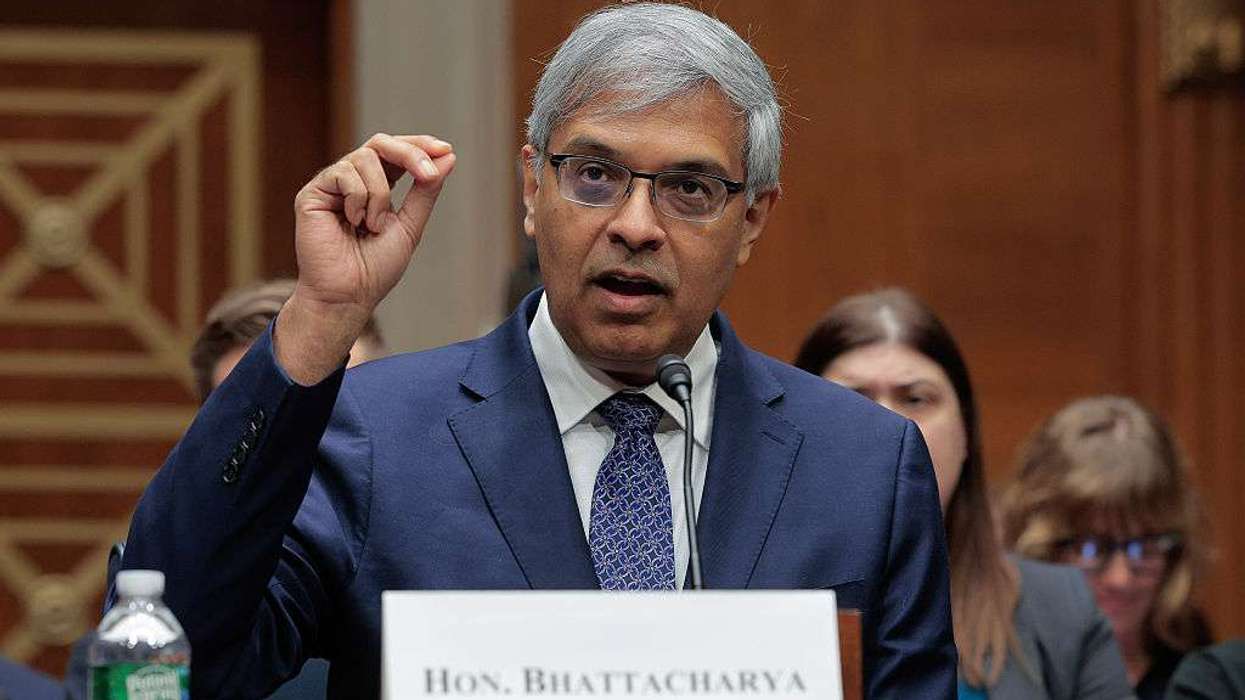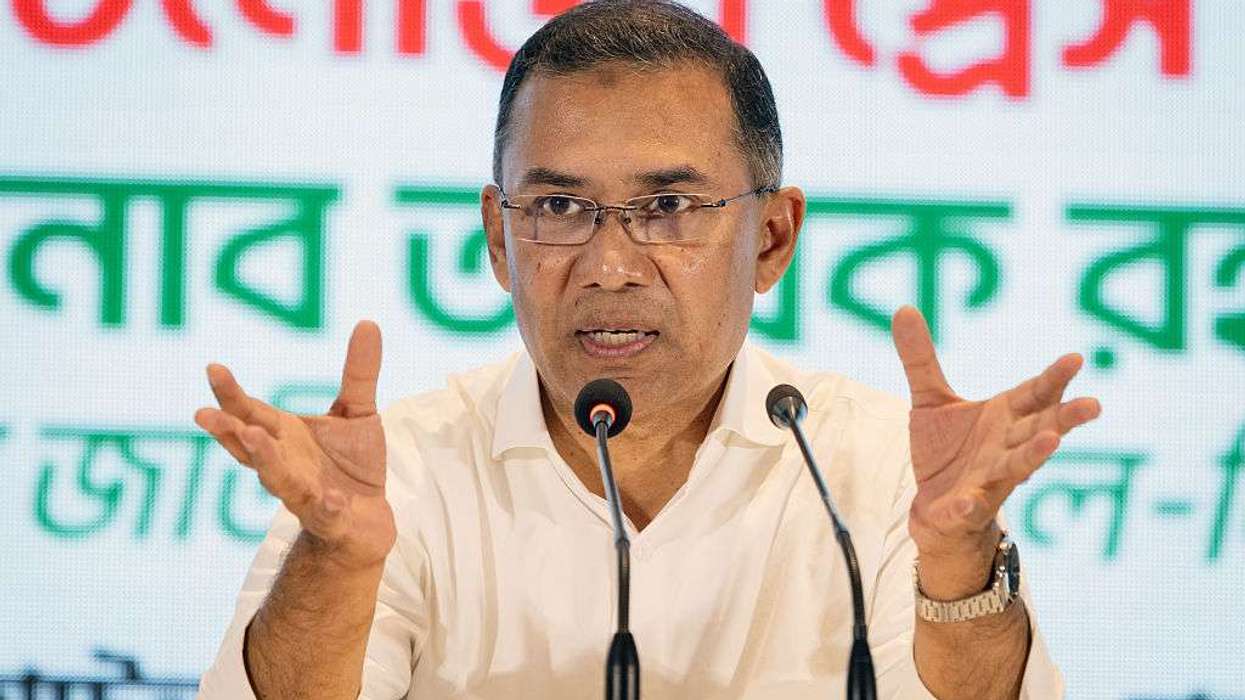A SENIOR judge has highlighted the dangers of parents automatically being able to homeschool their children following the murder of 10-year-old Sara Sharif.
Justice Cavanagh, sentencing Sara’s father, Urfan Sharif, and stepmother, Beinash Batool, for her murder, said homeschooling had allowed the couple to continue abusing Sara “beyond the gaze of the authorities,” The Guardian reported.
Sara was twice removed from school by Sharif and Batool, who used homeschooling as a “ruse” to cover up evidence of physical abuse. Batool concealed Sara’s bruises with makeup and dressed her in a hijab to hide injuries.
Teachers had referred Sara to social services after noticing bruises, but her case was closed in early 2023. In April 2023, Sharif informed the school he would homeschool her.
Sara was found dead in a bunk bed at her Surrey home on 10 August 2023. Sharif, 43, and Batool, 30, were sentenced to life imprisonment.
The judge’s remarks came as new legislation was introduced to tighten homeschooling regulations in England.
The children’s wellbeing and schools bill will create registers to track children not in school and impose stricter requirements for homeschooling.
Under the bill, parents will lose the automatic right to homeschool if their child is under a child protection plan or if the home environment is deemed unsafe.
Councils will have new powers to enforce school attendance in such cases.
During sentencing at the Old Bailey, Justice Cavanagh said, “This case starkly illustrates the dangers of unsupervised homeschooling of vulnerable children.” He added that homeschooling had been used to cover up abuse, depriving Sara of an education while she was subjected to repeated beatings.
The NSPCC has called for nationwide reforms to strengthen child protection services, and the children’s commissioner has advocated for ending the legal defence of “reasonable chastisement” under the Children’s Act 2004.




